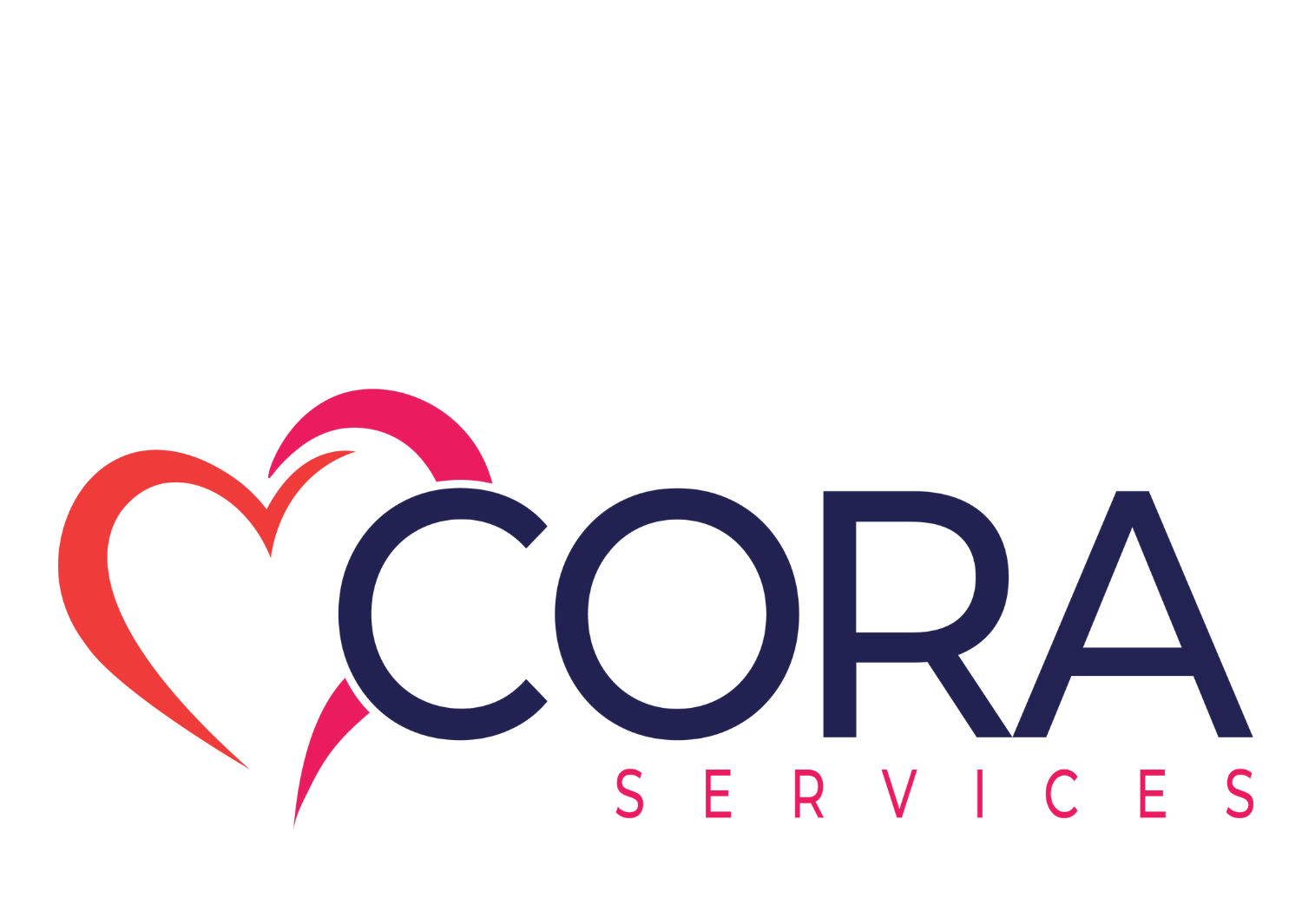Understanding Diversity: Clinical Issues Connected to Multicultural Competence
December 09, 2016
Chestnut Hill College Sugarloaf Center/CORA Services
Chestnut Hill College
Sugarloaf Conference Center
9601 Germantown Avenue
Philadelphia, PA 19118-2693
To Register, Download the brochure-12-9-16 and mail to
Ceil Hanas at 8540 Verree Road, Philadelphia, PA 19111 For more information call 215.701.2629
Registration begins 1/2 hour prior to stated program time. Pre-registration is required. Cancellations made LESS THAN 72 HOURS before the programs will NOT be refunded.
Participants of the workshops will:
- Identify two ways cultural competence is a tool for overcoming health disparities.
- Learn how to utilize the Cultural Formulation Interview to a cultural/contextual understanding of the client’s presenting problem.
- Discover about ways to work with South Asian families and individuals.
- Find basic skills necessary to provide clinical work to Latino families and couples.
- Identify key principles for working across the eight “contemporary” family types.
Credits Offered: Psychology Credits 5.0 and SW,MFT & PC 5.0
Cost:
- $140
- $50 (for student)
- $25 (CHC Psych Student)
- $9.25 (Box Lunch)
PLENARY: 9:15 AM – 10:30 AM
Cultural Competence: A Tool for Overcoming Mental Health Disparities – Susan C. McGroarty, Ph.D., ABPP
Purpose: This workshop will focus on providing participants the opportunity to explore diversity from a broad perspective and the implications of using a diversity informed perspective in clinical work. Diversity is a loaded topic for many people saturated with emotional intensity, confusion about political correctness and stories of disconnection, marginalization and oppression. The overwhelming nature of the concept can create diversity avoidance or “diversity adversity.” Using an evidence-based foundation, participants will be invited to think about the concept of diversity from multiple perspectives and to reflect on how their own diverse identity can intersect with a client’s and the resultant influence on the therapeutic alliance and course of treatment.
…………………………………………………………………………………………..
MORNING WORKSHOP: 10:45 – 12:00
The DSM-5 Cultural Formulation Interview – Cheryll Rothery, Psy. D., ABPP
Purpose: The CFI allows clinicians to conduct a more holistic assessment of a client. The CFI highlights cultural, familial, psychosocial and environmental factors that may be relevant for problem identification, symptom manifestation and meaning to the client and family. This knowledge can greatly decrease the likelihood of misdiagnosis and subsequent compromised treatment. An overview of the CFI will be provided and its use illustrated through a case study.
…………………………………………………………………………………………..
AFTERNOON WORKSHOPS: 1:10 – 2:30 and 2:30 – 2:45
(A) Treating the Contemporary Family – Scott Browning
Purpose: This workshop will examine eight family types; stepfamilies, families of murder, families of adoption, “fragile families”, grandparent run families, chronically ill families, LGBT families and families on the autism spectrum. These families are examined in light of the extant research, and clinical practice, based on Dr. Browning’s book: Contemporary Families at the Nexus of Research & Practice.
(B) Psychotherapy – South Asians – Bindu Methikalam, Ph.D.
Purpose: South Asians are the fastest growing Asian group in the United States, with Asian Indians as the second largest Asian group, next to Chinese Americans, residing in the United States (2007 U. S. Census). However, our knowledge of this population is limited, and there is a scarcity of research on this population despite the numerous challenges experienced. South Asians undergo a variety of stressors as they navigate two dichotomous cultures. This presentation will address the acculturative stress, familial issues, gender expectations, and the mental health needs of the South Asian population.
(C) Clinical Work and Latino Families – Claudia Garcia-Leeds, Ph.D.
Purpose: This workshop will explore the factors that influence the psychological experiences of Latino families in the U.S. Participants will be introduced to the skills necessary to provide clinical work to Latino families and couples. To this end, a number of relevant topics will be examined, including immigrations, acculturation, ethnic identity, stereotypes and discrimination.
